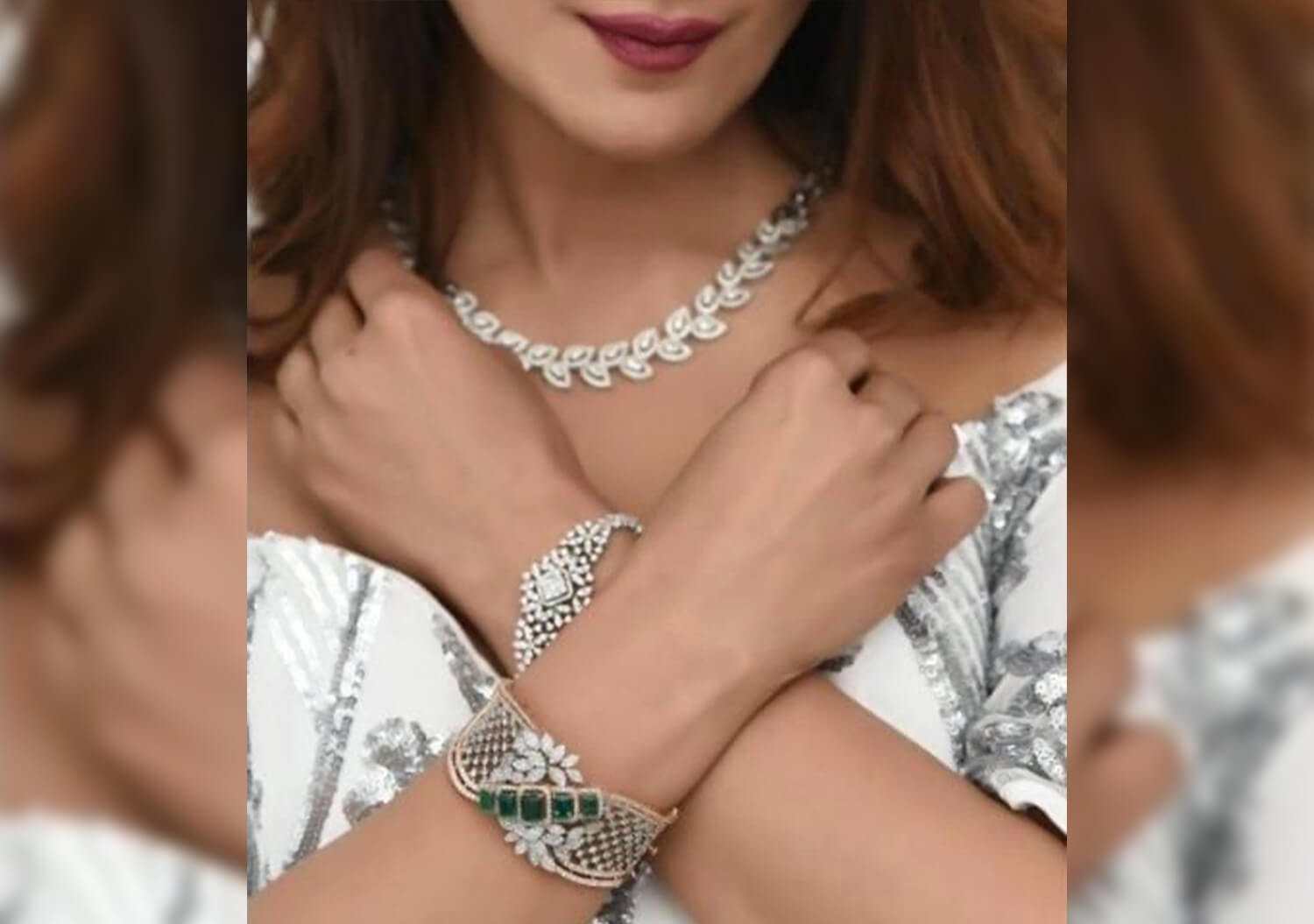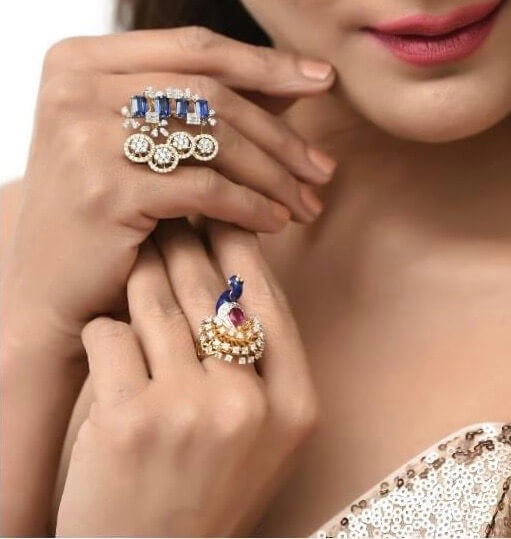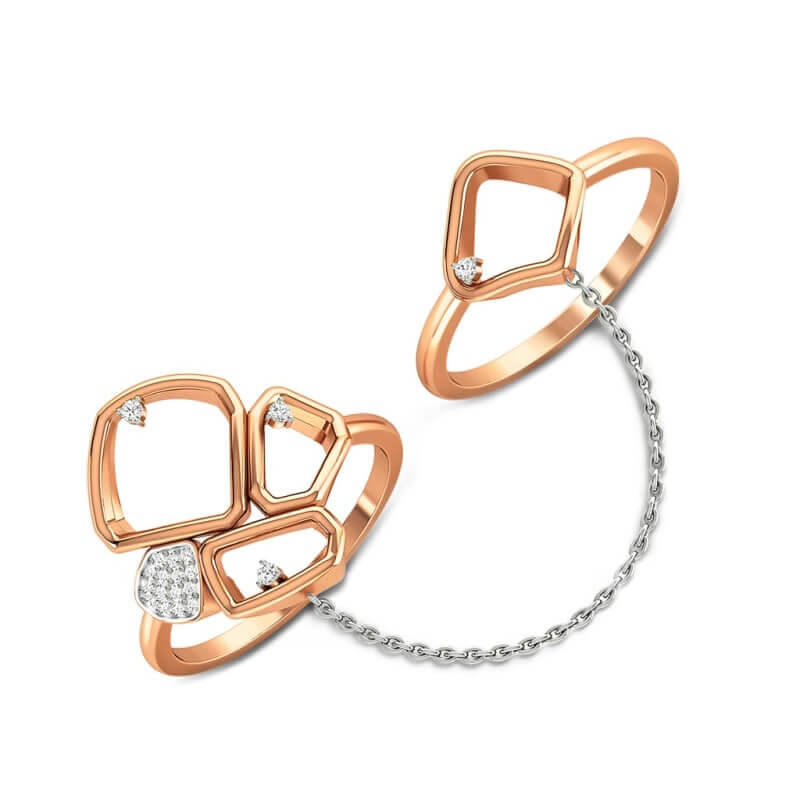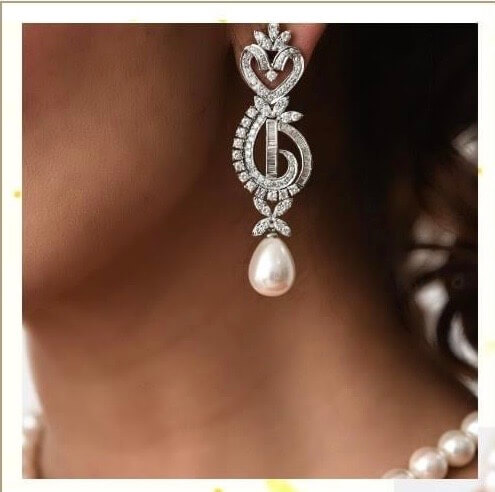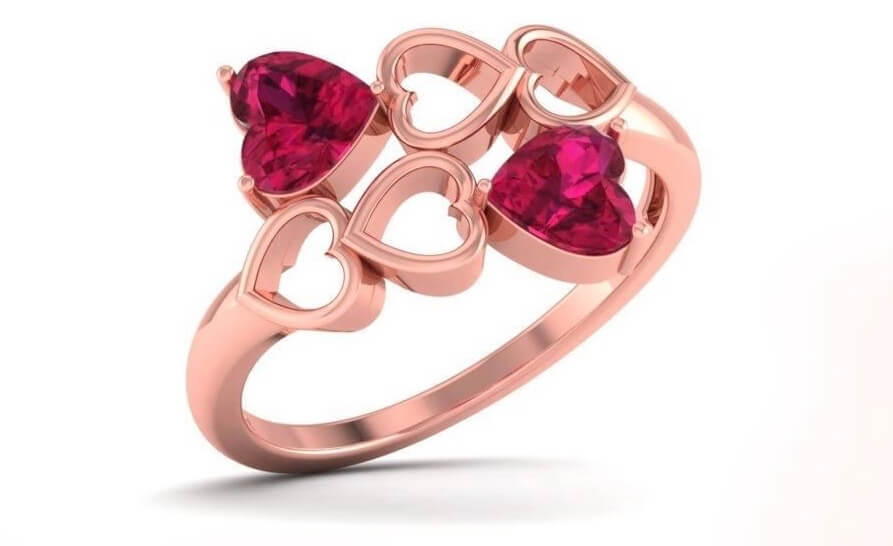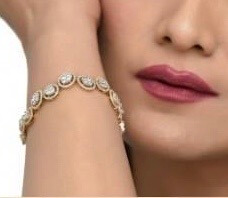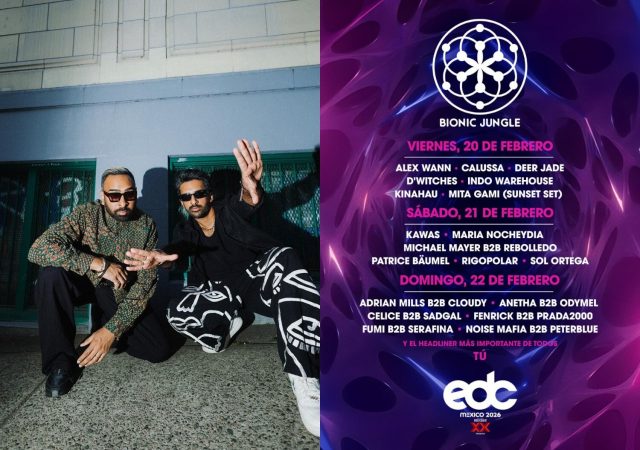
By- Bhuvan Goel, Owner at S.Ka Diamonds
There are many practical ways to identify a diamond and CZ (Cubic zirconia) or any other imitation gems and stones present in the market, but for that you need to have scientific advancement and technical enhancement. Also, there are many synthetic diamonds available in the market which cannot be identified by naked eyes. So, one needs to have access certification by certified laboratories which are only 2- 3 in India namely- GIA The Gemological Institute of America, IGA-International Gemological Institute and HRD The Hoge Raad Voor Diamant. While following them is a lengthy process, there are some smart tricks that can be applied to identify CZ cubics and diamonds.
Scratch Test
A real diamond will never get scratched, but a cubic Zirconia will easily get scratched, so if you will scratch cubic zirconia by tweezer it will get scratched but a diamond won’t. This is a very popular test done on Cubic Zirconia, Zircon and Diamonds but is also a destructive test, as it can destroy Cubic Zirconia, as after the scratch test on Cubic Zirconia it will lose its shine and luster.
Line Test
There is a technical property of diamond which is singly refractive which means, when light passes through a diamond piece it will remain a single line of light, but with Cubic Zirconia it splits, as they are double refractive. The line test involves placing the stone on a single black line drawn on paper. It’s a great way to check if the diamond is real or fake. When you put Cubic Zirconia upside down on the paper, you will see the two lines splitting instead of one line. If you repeat the same procedure with a diamond piece, you will see a single line from the backside of the diamond.
Dispersion of Light
Cubic Zirconia tends to disperse light more than diamond. Diamonds have high dispersion, but in technical terms, a diamond disperses light by 0.44 and cubic zirconia disperses light in 0.59 to 0.65, which is almost 30 to 40 percent higher than a diamond. It is easy to find when the stone is sparkling too much, it is dispersing too much and showing lots of spectrum of colors, which means it could be cubic zirconia.
Finger Affinity Test
There is one more test that is called Finger Affinity Test. When you slide a finger over cubic zirconia, it would always be smoother than diamond. Diamond will show some friction to the figure in comparison to Cubic Zirconia, so you can easily differentiate by the feel of sliding fingers.
There are many gemstones like Moissanite, GG Stones. Most of the stone has higher dispersion and highly refractive but synthetic diamonds do not disperse and refract too much and this is the reason we should always but diamonds from the certified diamonds by various laboratories like GIA, HRD, and IGA because these labs have the standard procedure and are accepted across the world.

